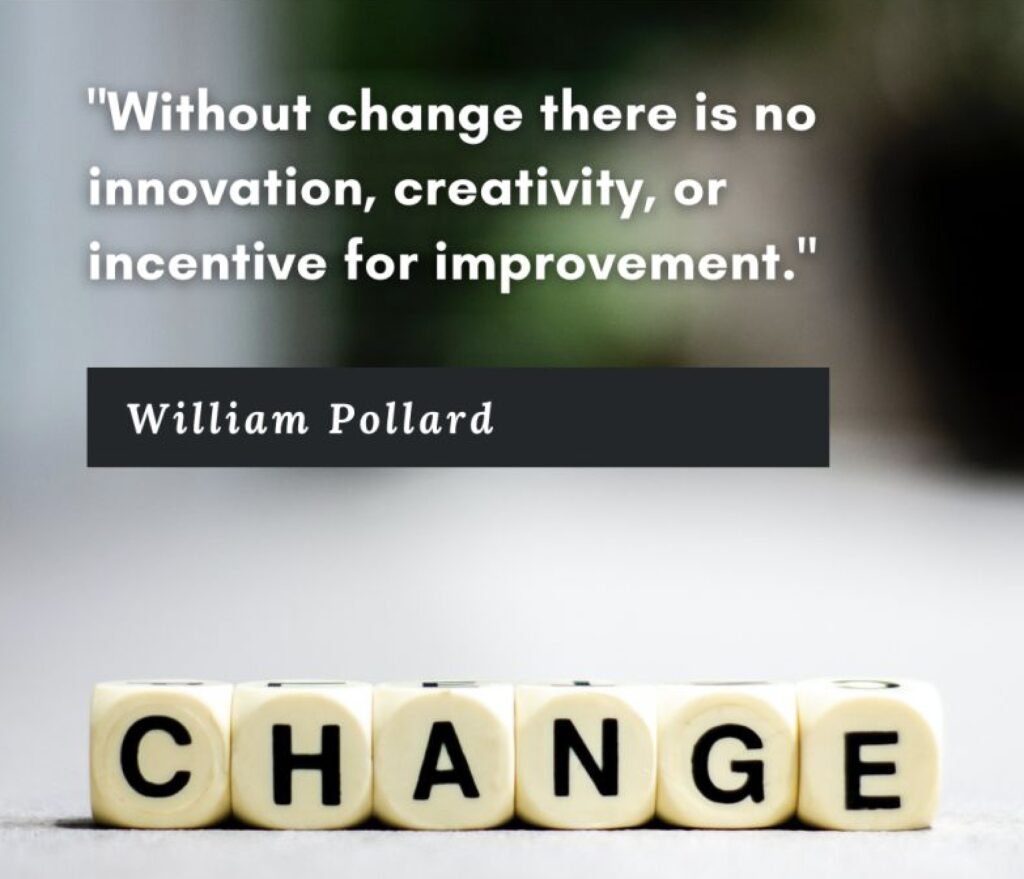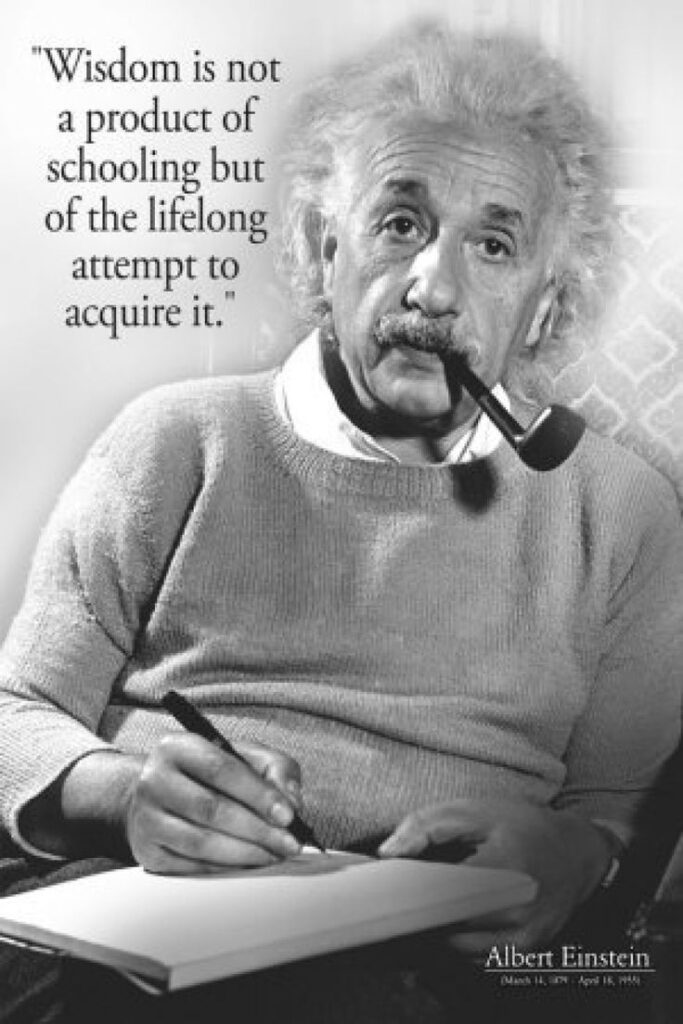
- February 2, 2024
- Education, Educational Philosophy, Higher Education, Innovation, Lifelong Learning, Philosophy, University
The future of universities is closely linked to their capacity to change and innovate and their internal coexistence. To remain in the same place, you must keep moving; otherwise, you will get left behind. However, higher education has shifted many times to and from positions based on individuals who learn and advance to corporate structures that prefer to maintain the status quo.
If everyone in society requires continuous learning, it is the university community, particularly the faculty, given that their teaching and research depend on constant learning and renewing their knowledge, creativity, and change. This is the objective justification for developing an ethos of learning. Higher education reform and innovation do not arise from a given situation, nor do they occur intermittently: it is a continuous, endless process. To remain in the same place, one must keep moving; otherwise, one would get left behind. This dynamic that is life itself requires social organizations that are prepared to be passive onlookers.
Universities should be at the cutting edge. They should develop their capacity for anticipation so that they can respond to the trust placed in them and the privileges awarded to them by society, acting as a compass that guides society’s progress and well-being. Universities should have a long-term vision, nurture innovation, and foster creativity. Universities of this type do not need to pause to institute reform, nor do they need a new academic leader because reform and innovation come naturally to them.

All university crises, acts of political reform, and modifications made by the government or university authorities have been superficial, mostly cosmetic changes. These acts have led to lengthy and complex laws and regulations that have reinforced the rigidity of universities’ structures and processes, even when they have been well-intentioned. The general trend has been to equate university reform with changes in legislation, and a greater emphasis has been placed on the form than on the content. An excess of regulation is one of the main reasons why contemporary universities do not change. It is the responsibility of the university community to create a culture of change, a sense of constructive self-criticism, and the capacity to rectify in time.
As William Pollard stated, “Without change, there is no innovation, creativity, or incentive for improvement.” Continuous reform and innovation require open and flexible regulatory bodies and a desire for change that should be imprinted on the consciences of the university community members. Whilst these conditions are not in place, any attempt to push for change will be a lost opportunity or, in the best of cases, a move forward that will simply serve to widen the gap between universities and change itself. If, on the contrary, the aforementioned conditions are met, or an attempt is at least made to bring universities closer to them, reforms will cease to exist because universities will be undergoing continuous change. Herein lies the key to all universities’ aims, as I have said on countless other occasions: “to educate human beings for continuous change and even for the crises that will be the result of transition” (Escotet 1997, University and Becoming). Universities should be rooted in change and innovation. Universities should have a sense of ethics and citizenship.
Dogmatism is not a part of university culture. Rigid thinking clashes with the principles inherent to the pursuit of truth and with the endless breadth of knowledge. Just as diversity instigates creativity, flexibility fosters change. In the absence of flexibility, everything remains the same. Dogmatism and rigidity are sources of intolerance, authoritarianism, and conflict. Moreover, flexibility is not a synonym for weakness; on the contrary, it is a symbol of spiritual fortitude that grows when it rectifies mistakes and when it discovers its ignorance.
 The expansion of knowledge and the degree of certainty are inversely proportional. In addition, “Wisdom is not a product of schooling but of the lifelong attempt to acquire it,” as Albert Einstein pointed out. In the measure in which one is educated, the more one knows and discovers, the more one becomes certain of one’s lack of knowledge of the universe, which drives one to keep learning. For this reason, intellectual vanity is not an attribute of those who know their limits but rather of those who pretend to know what they do not know. Knowledge does not admit vanity or egotism.
The expansion of knowledge and the degree of certainty are inversely proportional. In addition, “Wisdom is not a product of schooling but of the lifelong attempt to acquire it,” as Albert Einstein pointed out. In the measure in which one is educated, the more one knows and discovers, the more one becomes certain of one’s lack of knowledge of the universe, which drives one to keep learning. For this reason, intellectual vanity is not an attribute of those who know their limits but rather of those who pretend to know what they do not know. Knowledge does not admit vanity or egotism.
Participation is the opposite of authoritarianism, and it is knowing to share and give honors to humankind. In the absence of the full participation of the university community and society, governing universities will inevitably push them towards forms of authoritarianism contrary to their spirit and ethical practice. There is no question that change is going to happen every time in our lives. The university, as a community of people, is going to experience inevitable change, but it must be channeled in the right direction toward creativity and innovation in such a way that it can predict the future, which is nothing more than to create it with scientific evidence without procrastination and dogmatism.
©2024 Miguel Angel Escotet. All rights reserved. Permission to reprint with appropriate citing.